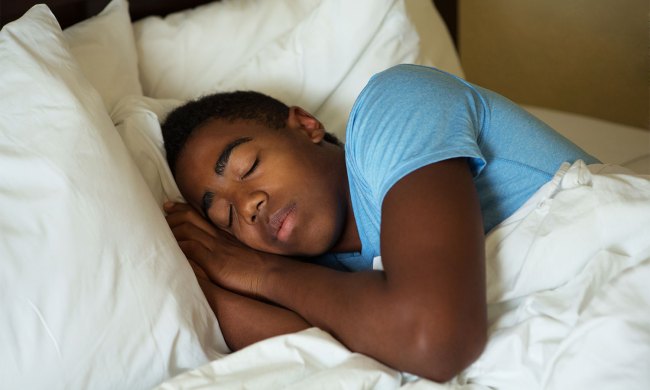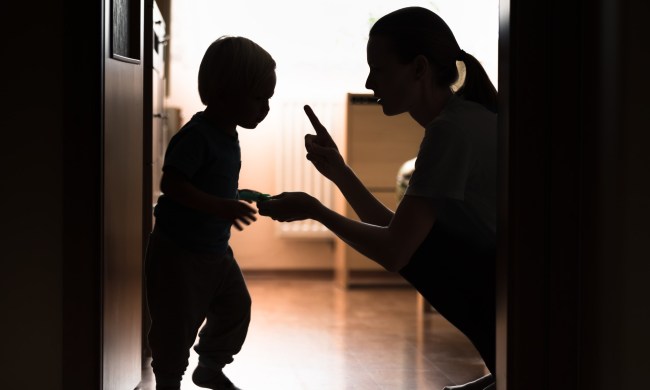Many children desire to be honest, yet some slip into a pattern of trying to dodge their schoolwork and covering up about it. After all, who wouldn’t want more playtime?
Nonetheless, schoolwork plays an important role in a student’s learning process. In class, it’s part of the guided practice with the teacher, and when assigned as homework, it allows your child to gain some reinforcement of skills and independent practice. Another important aspect of schoolwork is that it helps your child to build up a work ethic and self-discipline.
However, what do you do when your child or teen lies about schoolwork? Here are a few factors and some tips to think about as you navigate through this important issue.
Why would children lie about schoolwork?

According to Matthew Rouse, Ph.D., of the Child Mind Institute, the first step toward resolving this issue is to look at why it’s occurring in the first place. At times, children who experience difficulty with grasping a new concept or skill might make up excuses to get out of doing schoolwork, but there are other factors that might affect your student’s academic performance such as:
- Lack of motivation (common in some tween or teen phases)
- Too many social (or electronic) distractions
- Dislike for a particular class
- Feeling self-conscious about asking questions
Either way, figuring out the cause behind the behavior helps parents to support their student’s academic success. Usually, the first and best step is to conference with the teacher to share insight into the matter and to work in a partnership to help your child to overcome this obstacle.
What are some other possible causes?
However, if the previously mentioned possibilities don’t apply, you and your child might be dealing with other matters that hinder progress in the classroom such as:
- The possibility that your child has been bullied at school or online
- Changes at school such as a staff or administration turnover, since the readjustment period for both students and faculty can strike an emotional nerve
- Issues related to family where you might need to “check in” with your child to see how he or she is doing if there have been difficulties at home
- Issues related directly to learning and processing information
When you dig a little deeper to rule out any other possible causes that contribute to the change in academic performance, you will rule out some if not all these causes. Also, depending on your situation, you can look to teachers, school counselors, and even your family doctor for help. Possibly, your child is having trouble hearing or seeing in the classroom, which might warrant a change of seating or an eye exam and glasses. Or you might need to enlist the help of a tutor to help with learning strategies and mastery of the skill that your child is having trouble with at the moment.
How to break the cycle of lying?

If by some chance, you’ve determined that the problem is simply your child’s way of testing boundaries or expressing boredom with schoolwork, then a different course of action becomes necessary. Here are some tips to consider:
- Recommend to the teacher a change of seating if your child is visiting with classmates instead of focusing on schoolwork
- Change the study location at home to decrease distractions such as TV, siblings who have no homework, or a game system. For instance, your child can sit at the kitchen table while studying as you’re preparing dinner, which makes monitoring and offering assistance much easier.
- Institute some age-appropriate consequences for lying such as loss of playtime or playdates, or other privileges.
- Create a schoolwork log where the teacher initials each assignment after it’s been completed
So when you’re dealing with a lying child, try to remain calm, but at the same time let your child know the very second that you’re aware of the dishonesty. When you consistently ask children to “come clean” with the truth, they soon realize that simply completing the task is a lot easier than trying to come up with a story to get out of doing it. Finally, remember that this phase won’t last forever if handled right away, and your child will learn the value of being trustworthy.



